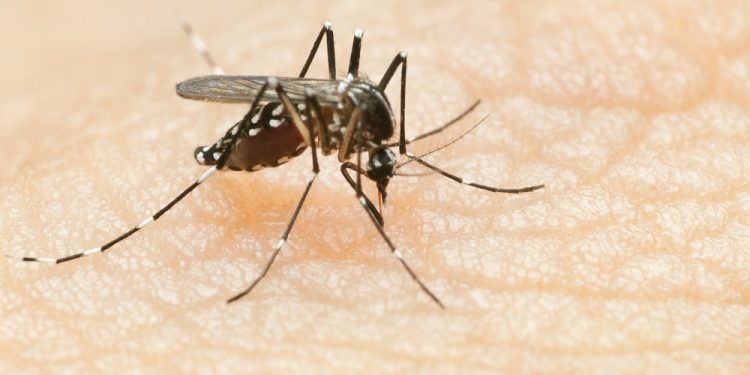
World Malaria Day
https://www.holidayscalendar.com/countries/united-states/ Almost 3.5 billion people in 106 countries are at risk of contracting malaria. In 2019 alone, there were approximately 229 million cases of malaria, and approximately 409,000 people died from it. That’s why it’s so important that malaria be controlled.
An international observance that attempts to raise the public profile of malaria and rally countries and institutions to fight back against it is observed every April 25th. This holiday is called World Malaria Day, and its purpose is to not only help raise awareness about this life-threatening disease but also to recognize the people who fight against it every single day.
The History Of World Malaria Day
This international observance day was first created in May of 2007 by the World Health Assembly during their 60th session. The World Health Assembly is the decision-making arm of the World Health Organization, and they wanted to create a holiday that addressed the growing malaria epidemic.
When they established this day, it was intended to promote the understanding of malaria and to spread effective malaria-control strategies among interested parties—particularly governments in endemic areas of the world. Before this holiday became official, however, there was another holiday designed to raise awareness about malaria and was observed on April 25th. This holiday was known as African Malaria Day.
- Malaria is a disease that’s caused by parasites and can be transmitted through the bites of infected mosquitoes.
- Malaria is a life-threatening disease, but it is preventable and curable.
- The most vulnerable group to being seriously affected by malaria are children under the age of 5 years old.
- The African Region covered by the WHO is home to approximately 94% of all malaria cases and deaths in the world.
- In 2019, there were an estimated 409,000 deaths from malaria.
- In the United States, there are about 1,500 cases of malaria every year.
- Side effects of malaria include flu-like symptoms such as high fever, headache, and chills.
- Malaria thrives mostly in warm climates where there is a lot of rain and humidity.
- Malaria isn’t contagious. It can’t be spread through contact with an infected person.
- This disease can be spread through blood transfusions and the sharing of needles, however.
- The name for this disease means “bad air” and was coined in the 18th century.
- Even though treatments for malaria are available, some strains are becoming drug-resistant.
- Since 2000, mortality rates for malaria have fallen by 42% globally.
Interesting Facts About Malaria
When we first started researching this holiday, we were unaware of the effects of malaria on people all over the world. Needless to say, the research we came across really enlightened us. Now we would like to share the information we came across by presenting the following facts to everyone reading about World Malaria Day.
Observing World Malaria Day
This holiday can be observed by highlighting the successes of countries that have been successful in controlling malaria, inspiring other countries to put malaria-control measures in place, and demonstrating that eliminating malaria is entirely possible. People interested in spreading the word about this holiday can use the hashtag #WorldMalariaDay on social media.








